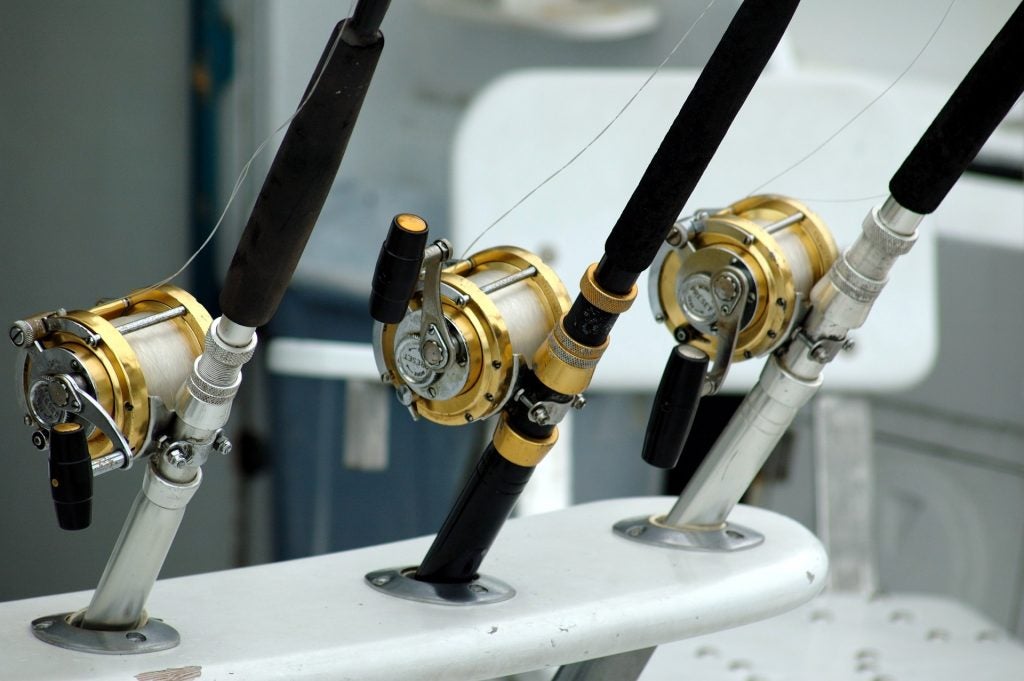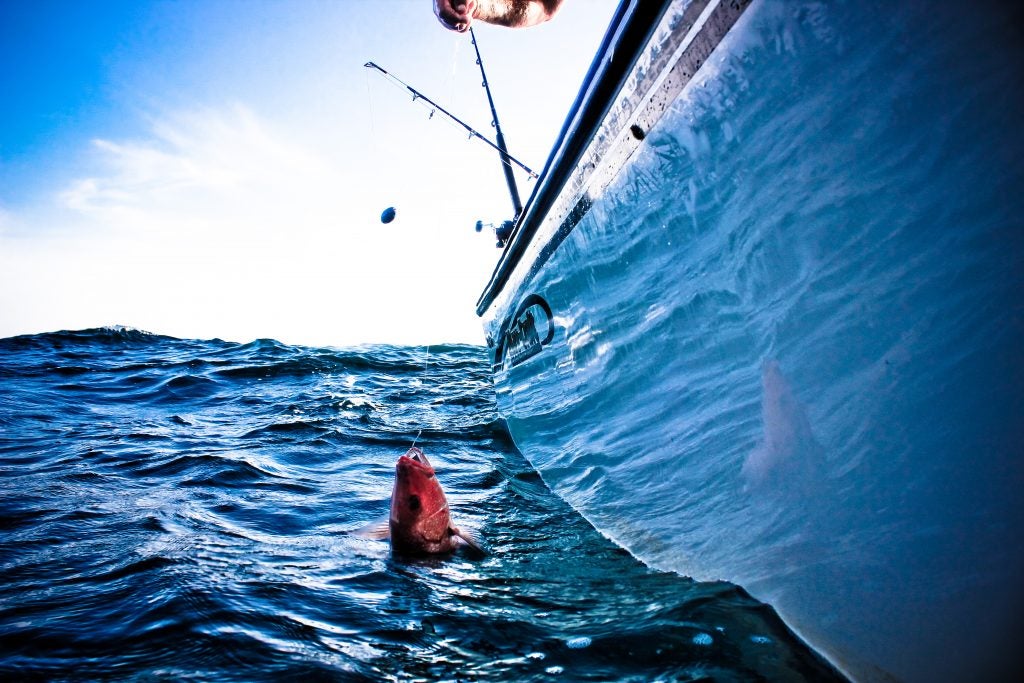New research published in Proceedings of the National Academy of Sciences of the United States of America finds that current management of marine recreational fishing in the U.S. could be leaving over a billion dollars per year in potential economic value on the table.
Many recreational fisheries are struggling with outdated management that relies on season, size, and bag limits to control catch of recreational fish. These policies promote a “race to fish” with catch often exceeding sustainable limits, resulting in even tighter regulations and fishing seasons closed for much of the year. These regulations are intended to help achieve a fishery’s biological goals, but experience shows they fail to deliver and ultimately impose significant economic costs. This is true in commercial and recreational fishing alike. In recreational fishing, economic values are squandered because season closures limit choice for anglers and exclude many from the fishing experience. Read More











